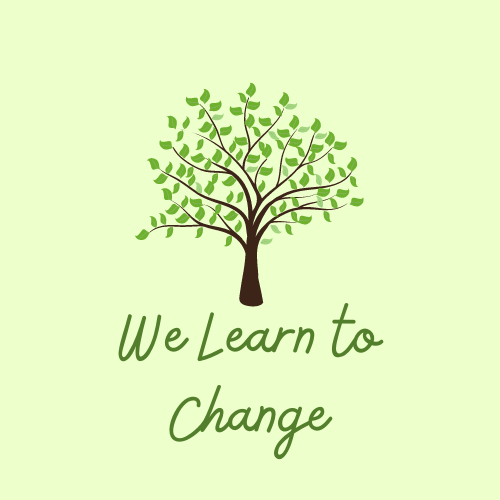For better or worse, politics has always steered school policies.
(Day 12 of my 30-Day Writing Challenge)
A recent study by Boston College revealed that political motivations, not science, are directing school reopening decisions. An analysis of reopening decisions in 75% of public school districts in the U.S. demonstrated that school officials’ decisions often correlated with their locale’s preference during the 2020 election.
That’s tough to read, even if one surmised that by news reports. It seems so cold, so calculated, and so reckless. Science and safety of the public were not the chief concern; politics was.
Politics has played a part in school administration decisions for many years. Consider the following quote.
“There has often been a misperception of public school governance as beyond ‘normal’ politics, said Hartney. For decades, most states have relied on non-partisan elections — where candidates do not identify as belonging to a political party — for school boards; typically, these local elections do not coincide with regular federal elections, theoretically reducing the possibility of partisanship. But ultimately, he noted, public schools are agencies of government that will be shaped by democratic political forces. Parents and students — and teachers and school administrators — are only among several constituencies with whom school boards must deal.” — Sean Smith
Politics in Schools Isn’t Always a Bad Thing
As Smith paraphrased Professor Hartney in the article, “For better or worse, local school boards are responding to the priorities and concerns being voiced by their constituents, in the tradition of democratic accountability.” That makes sense. That is what representative democracy is all about.
We want our elected officials to listen to us, right? Of course, we do! The majority rules: the constituents’ voices are heard and their desires are factored into decisions.
This Situation Is Different
There is an added component to school reopening this year, namely public health and safety. If constituents could be convinced this is the most important concern, there would be no issue. However, the following is true.
- Conspiracy theories abound about vaccinations and masks.
- Conspiracy theories abound still about all this being a hoax.
- Vaccine hesitancy is more prevalent than I think most people anticipated. In recent days, this has led to politicians “getting real” with their constituents. Take, for example, Mayor Brandon Scott’s message for the people of Baltimore.
- People claim mask mandates take away their freedom of choice. They also claim, without evidence, that masks are harmful in a number of ways.
- The counterargument to that claim is simple: others have the right to not get sick.
- When both sides of the argument get together during a school board meeting, all hell breaks loose.
https://www.bc.edu/bc-web/bcnews/nation-world-society/law-and-politics/politics-and-school-reopenings.htmlhttps://www.bc.edu/bc-web/bcnews/nation-world-society/law-and-politics/politics-and-school-reopenings.html
Those are just two articles. Do a Google Search for “school board meetings masks,” and you will find many more.
We Need a Solution
Americans are smart, brave, resilient, and resourceful people. Surely there is a way to convince everyone of the importance of public health and safety at this time. Right?
I fear not. I hope so.
Thank you for reading the twelfth post in my 30-Day Writing Challenge. Let’s start a conversation! This article was partially inspired by Dr. Deborah M. Vereen-Family Engagement Influencer’s recent article.
https://medium.com/a-parent-is-born/unmask-our-children-34ea3f1875ce
